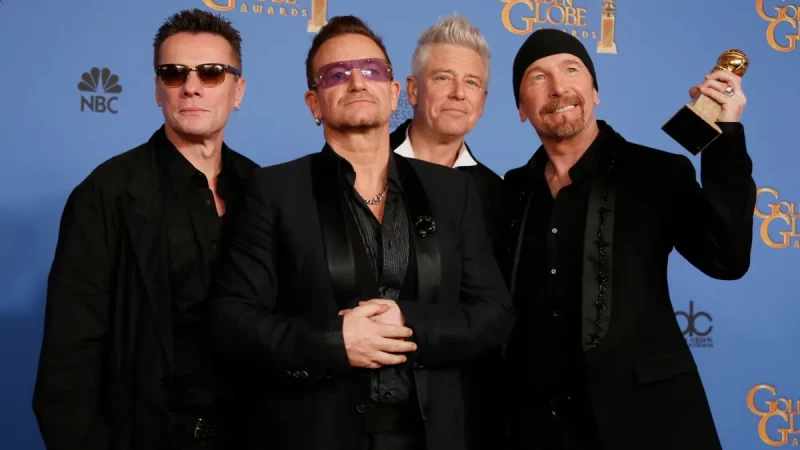In India, Donald Trump has made US-based men less desirable marriage partners
Donald Trump’s election as the President of the United States last year has led to a significant, and perhaps unforeseen, shift in the marriage market in India.
Trump’s anti-immigrant rhetoric, his dramatic executive order on immigration in January (which was later stayed by a federal court) and a proposal to squeeze H1B work visa programmes that are used extensively by Indians has meant that young Indian men studying and working in the US are no longer in demand in marriage bureaus in Andhra Pradesh and Telangana.
US-based Indian men have been one of the most sought after grooms in the country for decades. Although no data is available to ascertain the extent of the decline in the demand for such grooms yet, the attack on two Indian engineers in Kansas last week, in which one was killed, is likely to accelerate the trend.
Telugus form a large number of Indians migrating to the US annually. Several of them go to the US as students. Data released by the US Embassy in India shows that its Hyderabad consulate issues the highest number of student visas in the country, and the fifth highest in the world.
“Trump’s [immigration clamp down] decision has not only affected the job security of Indian techies working in the US, it has also affected the marriage of NRI [Non-Resident Indian] grooms,” said Dayakar*, the managing director of a marriage bureau in software-technology hub Hyderabad.
“At present, parents of girls prefer grooms from software companies based in India over NRIs, which used to be the other way round till just a few months back.”
Dayakar added that parents who were looking for Non-Resident Indian grooms for their daughters were waiting to see which direction Trump’s immigration policies for Indians would take before they committed to a match. “Until then they have kept NRI matches on hold,” he said.
Parents looking elsewhere
Parents looking for grooms for their daughters admitted to the shift.
“I used to search for NRI matches [in the US], but I rejected 10 such matches after Trump’s rule,” said Hyderabad-based Subramanyam Sharma, who has a 25-year-old daughter. He added that he has also advised his extended family not to look for Indian grooms in America for their daughters as long as Trump was President.
Similarly, like many other Indian parents, Ravi Reddy, 55, has been looking at eligible Indian men working in the US for his daughter, an information technology engineer. Now he says he’s dropped the US from his list because of Trump. “I would prefer to give my daughter to grooms from any other place like Singapore, Australia – anywhere other than the US,” said Reddy, who has been groom-hunting since 2015.
Ditto with Purnachandra Rao, from Hyderabad, who has a 22-year-old daughter. The lure of the Non-Resident Indian groom in the US is over, he said. “NRIs in USA don’t have job security now,” said Rao.
“After marriage they won’t be able to take my daughter along with them because of the rules laid down by Trump. So what is the point in getting married to a groom working there?”
Neelima*, who manages a prominent marriage bureau in Hyderabad, said the Trump factor could delay marriages that were already delayed by Indian standards in the case of Non-Resident Indians. “Normally NRIs marry very late,” she said. “On average, the minimum age of the NRI who is ready for marriage will be around 30 years. It takes another one or two years by the time they get married. Because of this effect [Trump’s anti-immigrant policies] it will get even more delayed.”
Wait and watch?
In the US, eligible young Indian men are putting on a brave face.
Chalapathi Rao, 30, who has been employed with the US government’s Health Department for the past five years, has been searching for a “well-educated bride” for the past six months. Although there was initial interest, the responses have dwindled.
However, Rao said that he is not worried. “I have a Greencard and work permit and I am employed with the US government,” he said. “So there is no problem for me with regard to working in the US. My job is secure and there is no need to worry.”













Comments